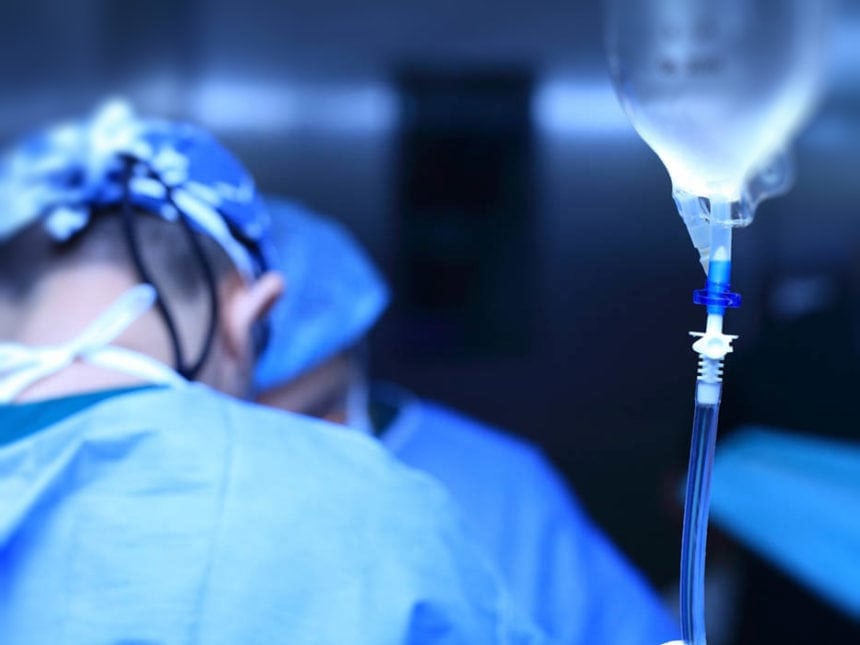Although some hernias are present at birth, the majority develop later in life. Family history of hernias can predispose you to developing a hernia. In general, conditions that increase pressure within your abdomen contribute to formation of a hernia, including:
• Pregnancy
• Obesity
• History of heavy lifting
• Conditions that predispose you to chronic cough, such as smoking or asthma
• Straining during a bowel movement or urination
• Fluid in the abdominal cavity
Diagnosis
Dr. Cole can usually detect a hernia by physical examination. Sometimes he may want some special imaging studies ordered that are needed confirm the diagnosis.
Treatments
A hernia will not repair itself. It is a defect of the abdominal wall and most hernias require surgery to repair this. Hernia surgery will depend on the type of hernia that you have. Dr. Cole will discuss with you the type of repair required and the possible need for mesh.
Risks of Surgery
Although hernia surgery is one of the most commonly performed operations in the United States, as with any surgery, it is associated with risks. These include, but are not limited to, bleeding, infection, scar formation, postoperative pain, damage to the testicles or testicular function, numbness in the groin or the thigh, mesh complications, inability to urinate, bowel or bladder injuries, hernia recurrence, and anesthesia complications.
After Surgery
Dr. Cole performs most of his surgeries in an outpatient setting. You will be able to return home after surgery which can help make recovery faster by easing into your daily routine as soon as possible. Depending on your specific type of job, you may be able to return to work 7 days after surgery. However, if your job requires heavy lifting or heavy physical activity you may not be able to return for several weeks. You and Dr. Cole can discuss your specific hernia surgery post-operative instructions prior to surgery.
